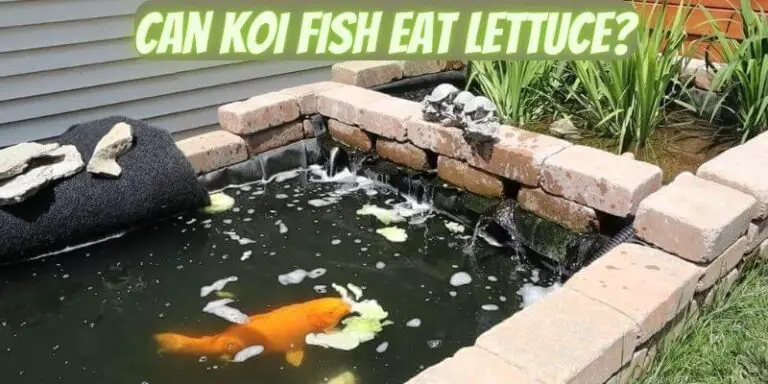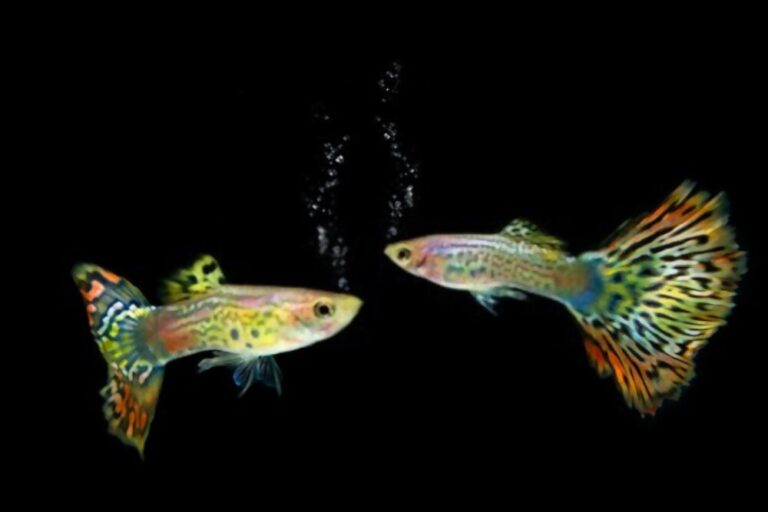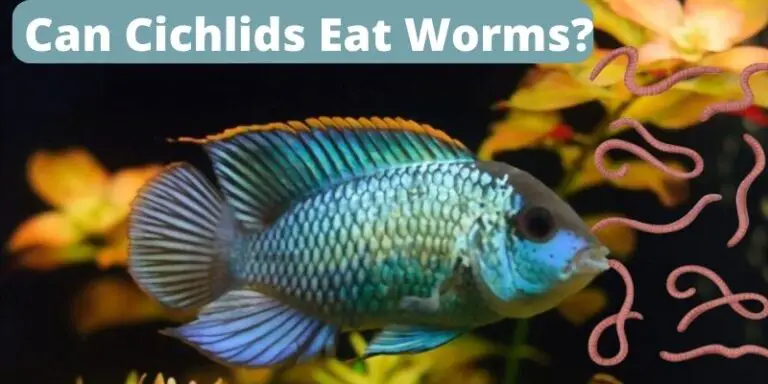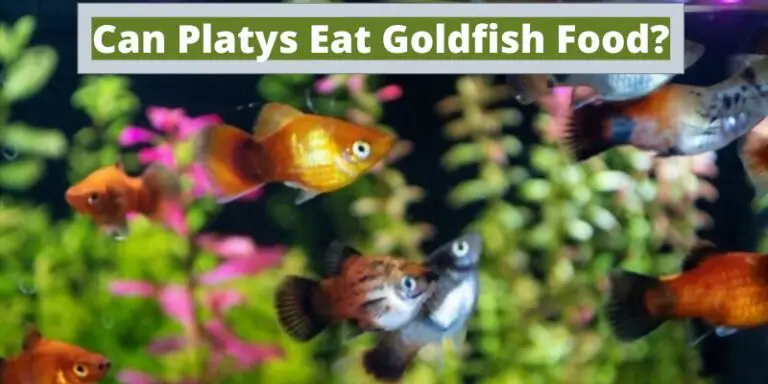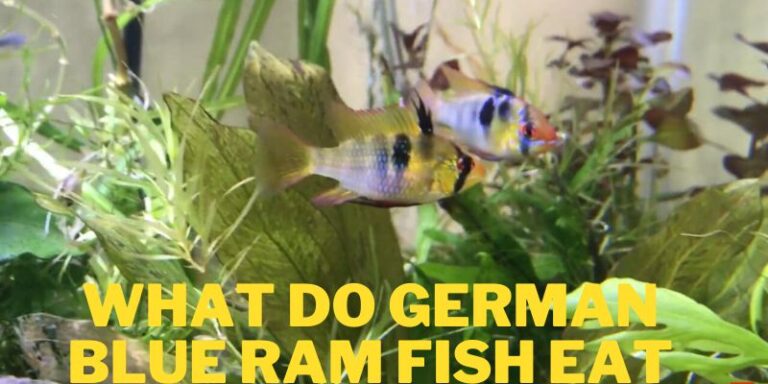Do Parrotfish Eat Coral?
Corals are one of the parts of the aquarium and natural water environment. Some fishes also considered corals as a part of their diet. Parrotfish are also discussed when it comes to corals eating fish but do parrotfish eat coral?
Parrotfish can eat corals whenever they get a chance to feed on them. However, they do not consider corals a major part of their diet and do not eat a lot of corals at one time.
Are Corals Safe For Parrotfish?
Yes, corals are safe for parrotfish. Also, parrotfish eat a variety of small fish, including small coral sponges, and they are perfectly natural predators of corals.
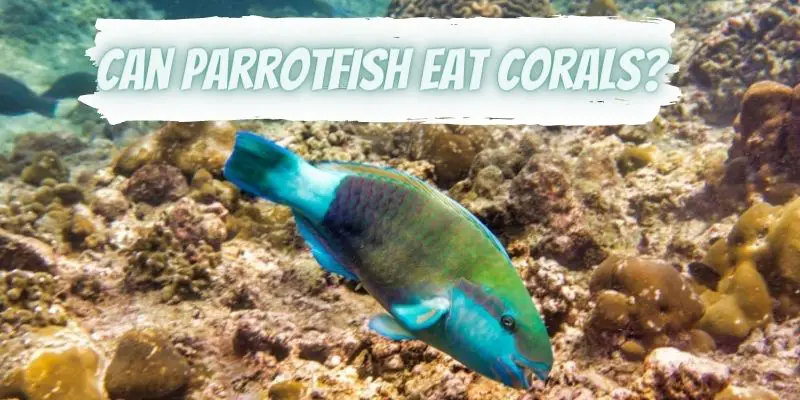
It would be best if you still were careful with your selection of corals to establish a reef aquarium for your parrotfish.
Do not introduce too many heavy-weight or sluggish-growing corals too quickly if it causes an imbalance and kills off established coral colonies before you have time to get accustomed to the new environment (i.e., if transitioning from a reef tank).
It is not often that a coral can be found in the same tank as an animal that requires high iodine levels to metabolize properly.
What Do Parrotfish Eat? (Best Foods & Diet Guide)
But sometimes, even though corals have a higher iodine tolerance than most animals, they will outcompete for space and resources with parrotfish and become stressed that way.
It is rare and unusual for parrotfish not to survive in their natural environment with just regular tank water changes. Coral reefs are very different from captivity environments — there is hardly any light, and the water has a lower pH (which means there is less calcium).
Do Parrotfish Like To Eat Corals?
The answer is both Yes and No. Parrotfish are herbivores and only eat algae and sea plants, but they like to chew on coral reefs and can cause damage over time.
Some have been observed eating Acropora corals exclusively. In other words, some parrotfish are “coralivores,” and others as “nivicorous”- meaning that they eat both algae and corals.
Interestingly enough, the more nivicorous ones seem to be most likely to attack a coral colony. Their basic intention is to either steal territory or nest materials from a competitor.
How Do Parrotfish Eat Corals?
Parrotfish eat corals in many ways like:
- Chewing the coral off with their teeth.
- Swimming to the surface and spitting out the coral onto an underwater rock.
- Sticking out their tongues and licking up the calcified corals.
- Slowing down in the water, then wait for a coral to grow on them (the parrotfish will show its belly) before eating it and carrying it back to its mouth.
The last bottom-dwelling fish species is a puffer, mainly known as ‘the one fish you do not need, and it uses its venomous skin secretions to kill other fishes.
At the same time, they like resting on rocks. They are born in the ocean and move farther away into the waters. They stay on the ocean floor and only get small amounts of food.
Like most fish in the ocean, they start life as eggs to become small plankton-looking fish. These tiny fish go through metamorphosis, meaning they will change from one form to another because of their environment. Their tissues will change and adapt to what they live in or live off.
How Often Do Parrotfish Eat Corals?
They eat corals less than once every week because they do not like them much. Parrotfish are bottom-dwellers, so it can be difficult to see them in the wild.
But if you manage to get a glimpse at one while scuba diving, you should note a few features.
The first thing that stands out on these colorful little fishes is their large mouth lined with huge, shiny teeth used for scraping algae off of coral reefs and deep-sea rocks – their teeth are quite literally an inch long. It gives them the title “green dentist.”
How Much Can Parrotfish Eat Corals?
If you have ever seen a parrotfish, you may have noticed that they are brightly colored. Parrotfish’s diet consists of corals, which act as camouflage. Corals act as camouflage to hide from predators like sea turtles and humans.
The average parrotfish can eat 260 individual corals. It is believed that the more range of colors they possess, the more range of prey they can eat due to its visual fishing attracting other fish or predators to come closer (should give some insight on the attractiveness of these gorgeous fish).
Do Parrotfish Eat Live Corals?
Yes, but they eat dead material too. Parrotfish are some of the fascinating fish in existence not just because of their funny-looking beak but also for the fact that they have a diet so scary it makes people go pale!
Parrotfish have been known to eat live corals, dead coral, and different bits and pieces like sponges and algae.
More shocking is how little “dead” coral they normally eat. Most of their diet consists of healthier food sources like algae and sponges.
As these animals are quite important for regulating the health of our reefs, we need to take care not to let them become depleted.
Do Parrotfish Eat Soft Corals?
Yes, parrotfish eat soft corals. Most parrotfish are generally herbivores, which means they feed on plant life and small animals like coral polyps.
However, they do not eat sponges. Whether parrotfish and other reef fish eat soft corals’ living tissue on their surfaces, as it turns out, there is a lot more to eating than just tearing the flesh off something!
Do Stoplight Parrotfish Eat Coral?
Yes, stoplight parrotfish eat corals. A hardy marine invertebrate is one of the top predators in most coral reefs. Humans have been trying to figure out why stoplight parrotfish eat coral for decades.
We may finally have an answer. Stoplight parrotfish feed on detritus created by corals. A new study directly observes a few coral mouth-brooders feeding on their mucus.
It means that stoplight parrotfish are not just eating the symbiotic algae within corals. They are also eating necrotic tissue from stressed or infirm corals who can’t fight off dinoflagellates. The parasitic larvae of fish and shrimp live within their tissues.
Final Thought
Parrotfish eat corals, but they do not like them much as they love to eat foods. So it is possible that they might not eat corals when they get other foods that are considered in their natural diet.
